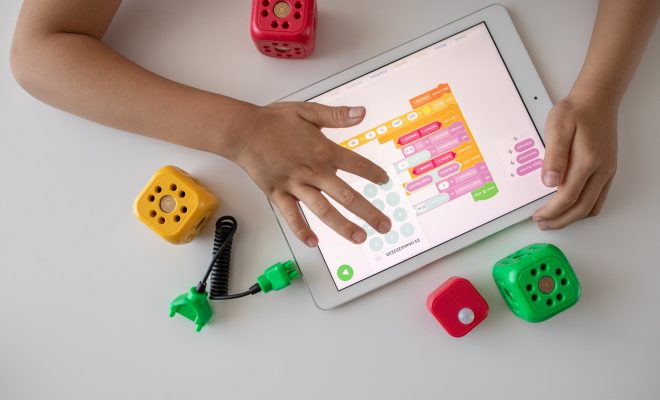Universal Design for Learning in the Classroom

Introduction:
The concept of Universal Design for Learning (UDL) is a proactive approach to create adaptable and inclusive classrooms where every student can thrive. By leveraging diverse teaching methods, UDL aims to benefit learners with different learning styles, needs, and capabilities. This article elucidates various aspects of Universal Design for Learning and how educators can integrate it into their classrooms.
What is Universal Design for Learning?
Universal Design for Learning (UDL) is an educational framework that aims to provide every student with an equal opportunity to learn by addressing their unique requirements and preferences. UDL is based on the principles of universal design, originally developed in architecture to create spaces adaptable to all users. When applied to education, it comprises three guiding principles:
1. Multiple Means of Representation – presenting information through various formats such as text, audio, video, images, or tactile materials
2. Multiple Means of Action and Expression – offering students options to demonstrate knowledge or skills via writing, speaking, drawing, performing or using interactive technology
3. Multiple Means of Engagement – motivating learners by tapping into different interests or providing them with choices and autonomy.
Benefits of Implementing UDL in the Classroom:
There are numerous advantages when educators adopt Universal Design for Learning in their teaching practices:
1. Enhanced Accessibility – Regardless of background, ability or learning style, every student gets a chance to access the curriculum through varied instructional materials and techniques.
2. Individualized Instruction – UDL enables customization of instruction tailored to each learner’s needs while still aligning with broader learning goals.
3. Improved Engagement – Offering options for engagement allows students to discover what motivates them best and become actively involved participants in their education.
4. Development of Problem-Solving Skills – By incorporating flexible strategies for learning and assessment, students gain experience in critical thinking and problem-solving.
How to Integrate UDL Principles into Your Classroom:
To implement Universal Design for Learning in your classroom, follow these steps:
1. Assess Learner Variability – Evaluate students’ individual learning styles, strengths, challenges, and backgrounds to design lessons that cater to their diverse needs.
2. Develop a Flexible Curriculum – Design your curriculum with various presentation formats, assessment methods, and engagement strategies that allow students to progress at their own pace.
3. Offer Choices – Actively involve students by providing them with options to demonstrate understanding or participate in activities tailored to their interests.
4. Encourage Collaboration – Foster teamwork by making collaborative tasks an integral part of the learning process.
5. Continuously Reflect and Adjust – Keep track of students’ progress and make adjustments as necessary based on your observations and feedback.
Conclusion:
Universal Design for Learning is about recognizing individuality and embracing diversity in the classroom. By providing multiple means of representation, action and expression, engagement, teachers can support the success of every student. It takes time, effort, and continuous reflection- but adopting UDL principles into educators’ teaching practices will lead to a more inclusive and dynamic learning environment for all students.






